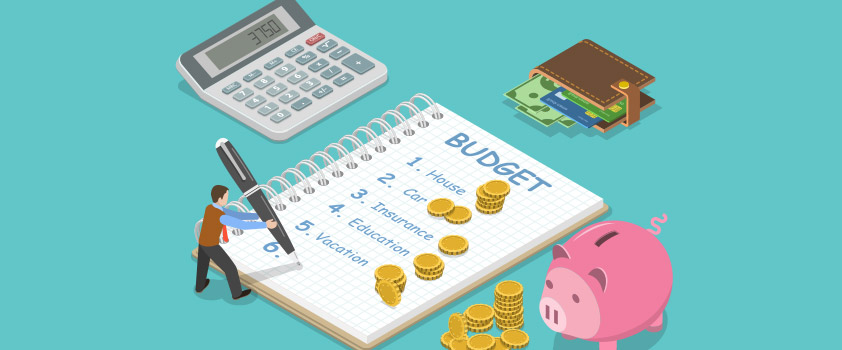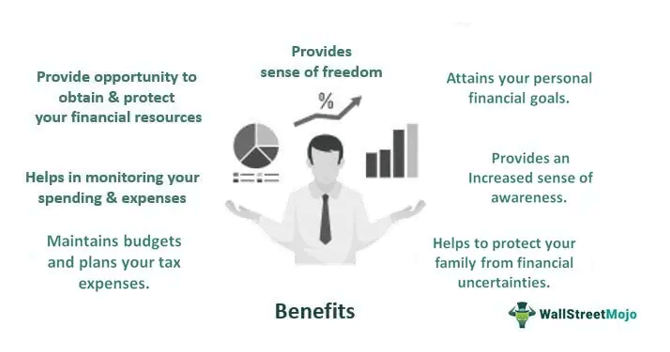Creating a personal finance budget can be a game-changer for your financial well-being. By tracking your income and expenses, you can identify areas where you can cut back on spending and allocate more money toward savings and debt payments. However, there are certain dos and don’ts that you should keep in mind when building your budget. In this blog post, we’ll outline the key dos and don’ts of personal finance budgeting to help you create a budget that works for you.
Dos of Personal Finance Budgeting
Do track your income and expenses. Knowing how much money you have coming in and going out is the foundation of any successful budget. Make sure to track every dollar you spend, including small purchases like coffee or snacks.
Do set realistic goals. When setting financial goals, make sure they are achievable based on your current income and expenses. Set specific goals that you can measure, and break them down into smaller milestones to stay motivated.
Do prioritize your expenses. Make a list of your expenses and prioritize them based on their importance. Fixed expenses like rent and utilities should come first, followed by variable expenses like groceries and entertainment.
Do make adjustments as needed. Your budget should be a living document that you update regularly. If you find that you’re overspending in certain categories, adjust your budget accordingly. Similarly, if you’re consistently underspending in certain categories, consider reallocating that money toward your financial goals.
Don’ts of Personal Finance Budgeting
Don’t ignore your debt. If you have debt, make sure to include debt payments in your budget. Aim to pay off high-interest debt first, and consider consolidating debt to lower your interest rates and monthly payments.
Don’t forget to save for emergencies. Emergencies can happen at any time, so it’s important to have a cushion to fall back on. Aim to save at least three to six months’ worth of living expenses in an emergency fund.
Don’t compare yourself to others. Everyone’s financial situation is different, so don’t compare your budget to others. Focus on your own goals and progress, and don’t let others’ successes or failures affect your financial decisions.
Don’t give up if you make mistakes. Building a budget takes time and practice, and it’s normal to make mistakes along the way. If you overspend in a certain category or miss a savings goal, don’t give up. Learn from your mistakes and adjust your budget accordingly.
Conclusion
Building a personal finance budget can be a powerful tool for achieving your financial goals. By following the dos and don’ts of personal finance budgeting, you can create a budget that works for your unique financial situation. Remember to track your income and expenses, set realistic goals, prioritize your expenses, and make adjustments as needed. Don’t forget to pay off debt, save for emergencies, and avoid comparing yourself to others. With a little effort and discipline, you can take control of your finances and achieve your financial goals.





